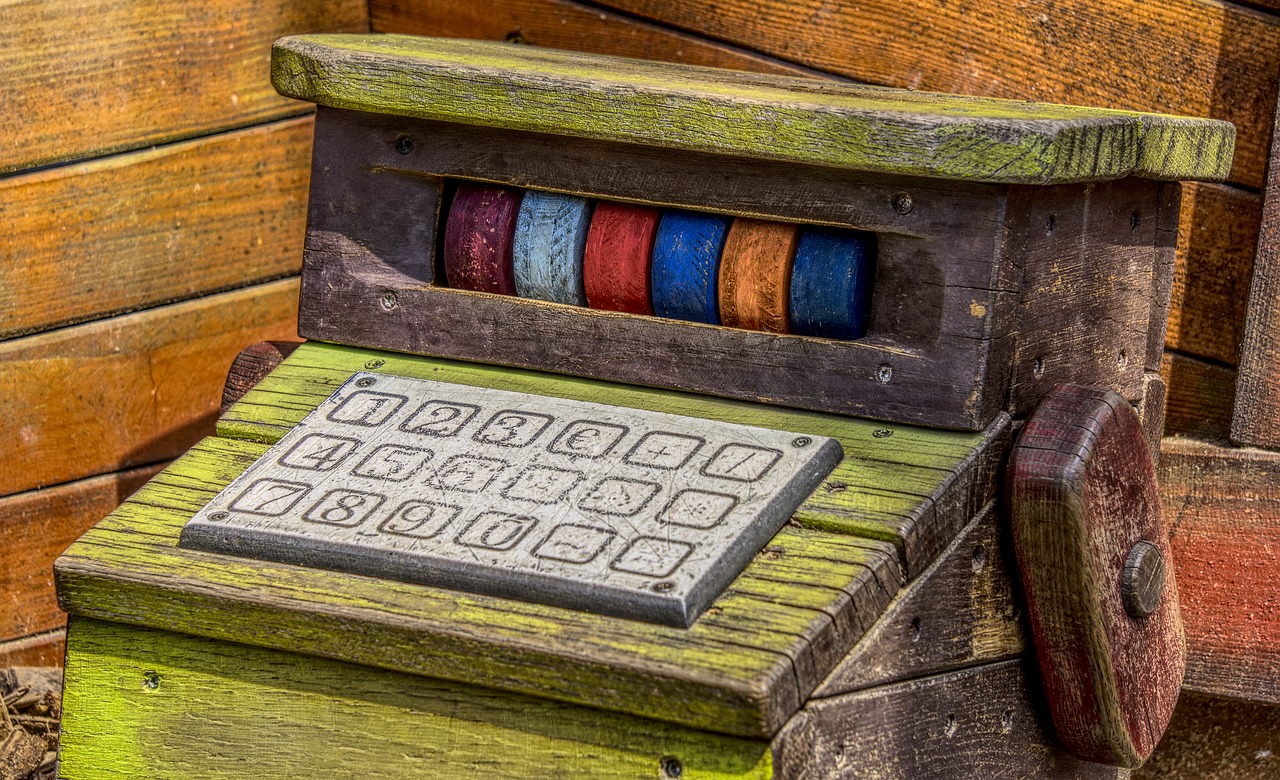The Role of Blockchain in Real Estate Transactions
Blockchain technology is a decentralized, secure, and transparent system that enables the transfer of digital assets without the need for intermediaries. It is built on a chain of blocks that store information in a secure and immutable manner, making it resistant to tampering and fraud. Each block contains a unique cryptographic hash of the previous block, creating a chain that links all transactions together.
One of the key features of blockchain technology is its ability to provide a transparent and decentralized ledger that can be accessed and verified by all parties involved in a transaction. This level of transparency and security reduces the risk of fraudulent activities and ensures the integrity of the data. Additionally, blockchain technology has the potential to streamline processes, reduce costs, and increase efficiency in various industries, including real estate, finance, supply chain management, and healthcare.
Traditional Real Estate Transactions
Traditional real estate transactions have long been conducted through intermediaries such as real estate agents, lawyers, and banks. These processes usually involve multiple parties, paperwork, and lengthy verification procedures before the sale is finalized. Buyers and sellers often rely on these intermediaries to ensure transparency and trust in the transaction.
Furthermore, traditional real estate transactions are typically finalized through a centralized system, where records are stored and managed by institutions. This centralized approach can lead to delays, increased costs, and potential security risks due to the reliance on third parties. Despite the advancements in technology, many aspects of traditional real estate transactions continue to operate in a manual and paper-based manner, which can hinder efficiency and innovation in the industry.
What is blockchain technology?
Blockchain technology is a decentralized, distributed ledger system that securely records transactions across a network of computers.
How does blockchain technology impact traditional real estate transactions?
Blockchain technology can streamline the real estate transaction process by providing a secure and transparent platform for recording property ownership and transfer of assets.
Are traditional real estate transactions still relevant in the age of blockchain technology?
Yes, traditional real estate transactions are still widely used, but blockchain technology is gradually being integrated into the industry to improve efficiency and reduce transaction costs.
How can blockchain technology improve the efficiency of real estate transactions?
Blockchain technology can automate many aspects of the transaction process, such as verifying property titles, executing contracts, and transferring funds, leading to faster and more secure transactions.
Are there any drawbacks to using blockchain technology in real estate transactions?
While blockchain technology offers many benefits, such as increased transparency and security, there are still challenges related to regulatory compliance, data privacy, and adoption across the industry.





